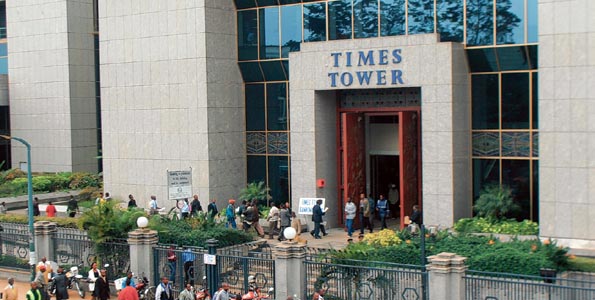

The Kenya Revenue Authority’s liabilities are more than its assets by Sh9 billion, a new audit report shows.
The auditor general’s report shows KRA has current liabilities amounting to Sh13.4 billion to match against current assets of Sh3.9 billion.
“This is an indication that the authority is in a net liability position and may not be able to settle liabilities when they fall due,” Auditor General Nancy Gathungu said.
It was established that during the year under review alone, KRA liabilities increased significantly by Sh2.5 billion.
However, its assets only grew by Sh613 million.
“This is a reflection of the authority’s continued accumulation of debts,” the auditor general said in the report.
Part of the liabilities is Sh3.6 billion stemming from an imbalanced pricing model for excise stamps fitted on non-alcoholic beverages.
Gathungu said the stamp prices were set below the actual cost defined in the Excisable Goods Management System (EGMS).
“This has resulted in the authority absorbing the costs associated with this pricing structure leading to accumulation of debts,” she said.
The audit has also flagged delays in the procurement of a new excise stamps system service provider. It is emerging that the procurement for the new EGMS system was initiated by KRA last year but the same is yet to be concluded.
The report revealed that the procurement was approved by the KRA board in March 2023 but the process had not been concluded by December last year.
“It remains unclear whether the authority will continue extending the contract,” Gathungu said, further citing the delayed transfer of the system to KRA.
The National Treasury had directed that KRA take over the process of EGMS from the current supplier–Sicpa.
However, in October 2024, the Swiss firm got a contract extension as part of a deal to allow KRA to clear a debt of plus Sh4 billion it owed the stamp printer.
Gathungu said in the context of the contract extensions, the extent of the handover process could not be determined.
“The addendum to the expired contract did not clarify whether the handover would include both the software and hardware.”
She further raised concerns that the changes neither stated whether a solution from a new supplier would be compatible with the assets being transferred.
“This uncertainty arises amid efforts to source a new supplier,” Gathungu said, casting doubt on the excise stamp liability of Sh3.6 billion.
The auditor has also flagged the management’s failure to disclose board expenses, including their remuneration.
“There is no disclosure of the remuneration to board members individually, the accounting officer and senior management as required by the Mwongozo Code of Governance for State Corporations.”
“In the circumstances, the completeness of non-financial information could not be confirmed,” the
auditor general said.


